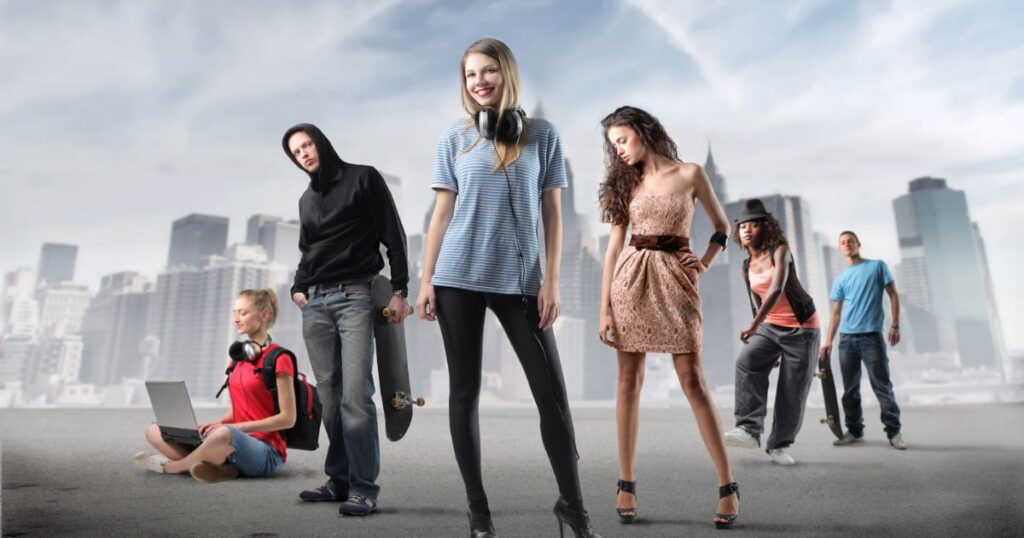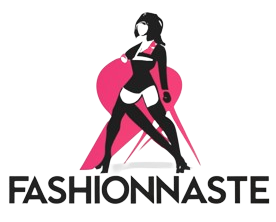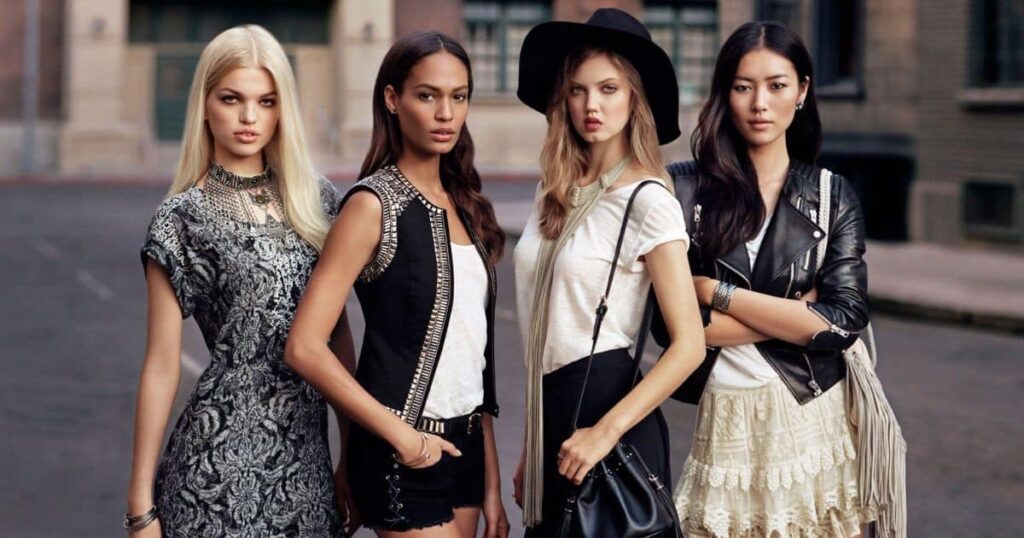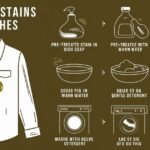In today’s fast-paced world, fashion trends come and go quicker than ever before. With the rise of online shopping, brands like Romwe have gained immense popularity, offering trendy clothing at affordable prices. But amidst the allure of low prices and on-trend styles, a question arises.
Is Romwe contributing to the fast fashion dilemma? In this comprehensive guide, we delve into the depths of Romwe’s business model, sustainability practices, and the implications for both consumers and the environment.
Target Audience: Fashion-conscious consumers in the United States
Fashion-conscious consumers in the United States are keenly aware of the latest trends and seek affordable yet stylish options to express their individuality. With a penchant for online shopping and a desire for convenience.
They are drawn to brands like Romwe that offer a wide range of fashion-forward apparel at competitive prices. As trendsetters in the global fashion landscape, their choices have the power to influence not only their own wardrobe but also the direction of the industry as a whole.
Understanding Fast Fashion

Before delving into Romwe’s practices, it’s crucial to grasp the concept of fast fashion. Fast fashion refers to the rapid production of inexpensive clothing in response to the latest trends. This model encourages consumers to constantly purchase new items, leading to overconsumption and environmental degradation.
Fast fashion brands prioritize speed and cost-efficiency over quality and sustainability. They often rely on cheap labor and outsourcing to countries with lax regulations, where workers are paid low wages and subjected to poor working conditions. This relentless pursuit of profit comes at a significant cost to both people and the planet.
The Rise of Romwe
Romwe burst onto the fashion scene as an online retailer offering trendy apparel at unbelievably low prices. Targeting young, fashion-forward individuals, Romwe quickly gained a loyal following with its extensive product range and frequent discounts.
Founded in 2008, Romwe capitalized on the growing demand for affordable fashion accessible through e-commerce platforms. With its finger on the pulse of the latest trends and a knack for viral marketing, Romwe rapidly expanded its customer base and became a household name among budget-conscious shoppers.
Unveiling Romwe’s Business Model
Despite Romwe’s promise of affordability, its business model relies heavily on outsourcing manufacturing to countries with lax labor regulations, often resulting in exploitation of workers and substandard working conditions.
The pursuit of rock-bottom prices drives Romwe to prioritize speed over quality, leading to concerns about the durability and longevity of its products.
Reports of sweatshop-like conditions and labor exploitation have tarnished Romwe’s reputation, raising ethical concerns among consumers and activists alike.
Low Prices, High Cost?
At first glance, Romwe’s prices seem too good to be true. But behind the allure of affordability lies a complex supply chain fueled by rapid production and cost-cutting measures. By outsourcing manufacturing to countries with lax labor regulations and prioritizing speed over quality, Romwe is able to offer rock-bottom prices to its customers.
Romwe’s business model revolves around the concept of “fast fashion,” where garments are produced quickly and inexpensively to keep up with the latest trends. This approach allows the brand to churn out new designs at a rapid pace, enticing customers with a constant stream of fresh styles at wallet-friendly prices.
Ethical Concerns
However, the race for low prices raises ethical concerns regarding labor practices and working conditions in Romwe’s supply chain. Reports of sweatshop-like conditions and exploitation of workers have plagued the brand, sparking outrage among consumers and activists alike.
Numerous investigations and exposés have shed light on the harsh realities faced by garment workers in countries where Romwe’s products are manufactured. From long hours and meager wages to unsafe working conditions and lack of job security, the human cost of fast fashion is steep.
Sustainability: A Growing Concern

In recent years, sustainability has emerged as a pressing issue within the fashion industry. With environmental awareness on the rise, consumers are demanding transparency and accountability from the brands they support. But where does Romwe stand on the sustainability spectrum?
Environmental Impact
The fast fashion model perpetuated by Romwe contributes to environmental degradation in numerous ways. From excessive water usage and chemical pollution to textile waste filling landfills, the environmental footprint of fast fashion is undeniable.
The production process of fast fashion garments often involves high levels of water consumption, particularly in fabric dyeing and finishing. This puts a strain on water resources and contributes to pollution. As untreated wastewater containing toxic chemicals is discharged into rivers and oceans.
Lack of Transparency
Growing consumer interest in sustainability has criticized Romwe for lacking transparency regarding its environmental practices. Without clear information on sourcing, manufacturing, and waste management. Consumers remain in the dark about the true impact of their purchases.
While some fashion brands have made strides towards sustainability by implementing eco-friendly practices. Ethical sourcing, Romwe has lagged behind in this regard. The lack of transparency surrounding its supply chain and environmental policies raises questions about the brand’s commitment to sustainability.
Making Informed Choices: What Consumers Can Do

Empowering consumers to make informed choices is key to driving positive change in the fashion industry. By educating themselves about the true cost of fast fashion and demanding. Transparency from brands like Romwe, consumers can align their purchasing decisions with their values.
Supporting sustainable alternatives and advocating for ethical practices sends a powerful message to the fashion industry and fosters a more sustainable future for all.
Educate Yourself
As consumers, we hold the power to drive change through our purchasing decisions. By educating ourselves about the true cost of fast fashion and demanding transparency from brands like Romw. We can make more conscious choices that align with our values.
Consumers can seek out information about brands’ sustainability practices and ethical standards before making a purchase. Look for certifications such as Fair Trade or certifications from reputable organizations like the Sustainable Apparel Coalition to ensure that your clothing purchases align with your values.
Support Sustainable Alternatives
In an industry dominated by fast fashion giants, supporting sustainable alternatives is more important than ever. Look for brands that prioritize ethical production, fair labor practices, and environmental stewardship, even if it means paying a bit more for your clothing.
By supporting brands that prioritize sustainability, consumers can send a powerful message to the fashion industry and drive positive change. Whether it’s choosing organic cotton over conventional, opting for locally made garments. By investing in high-quality pieces that stand the test of time, every purchase counts.
Conclusion
The allure of low prices and trendy styles may draw us to brands like Romwe. But it’s essential to consider the hidden costs behind fast fashion. From ethical concerns to environmental impact, the true story behind Romwe raises important questions about the future of fashion.
By educating ourselves, supporting sustainable alternatives, and demanding accountability from brands. We can work towards a more ethical and environmentally conscious fashion industry.

Meet Stephen, your seasoned fashion content maestro with over 7 years of expertise. As an adept content writer, I craft compelling articles, engaging blog posts, and captivating biographies.
My passion for fashion translates into words that resonate, bringing your brand to life. Let my experience weave the narrative that elevates your fashion journey.
Explore the art of storytelling with me.







